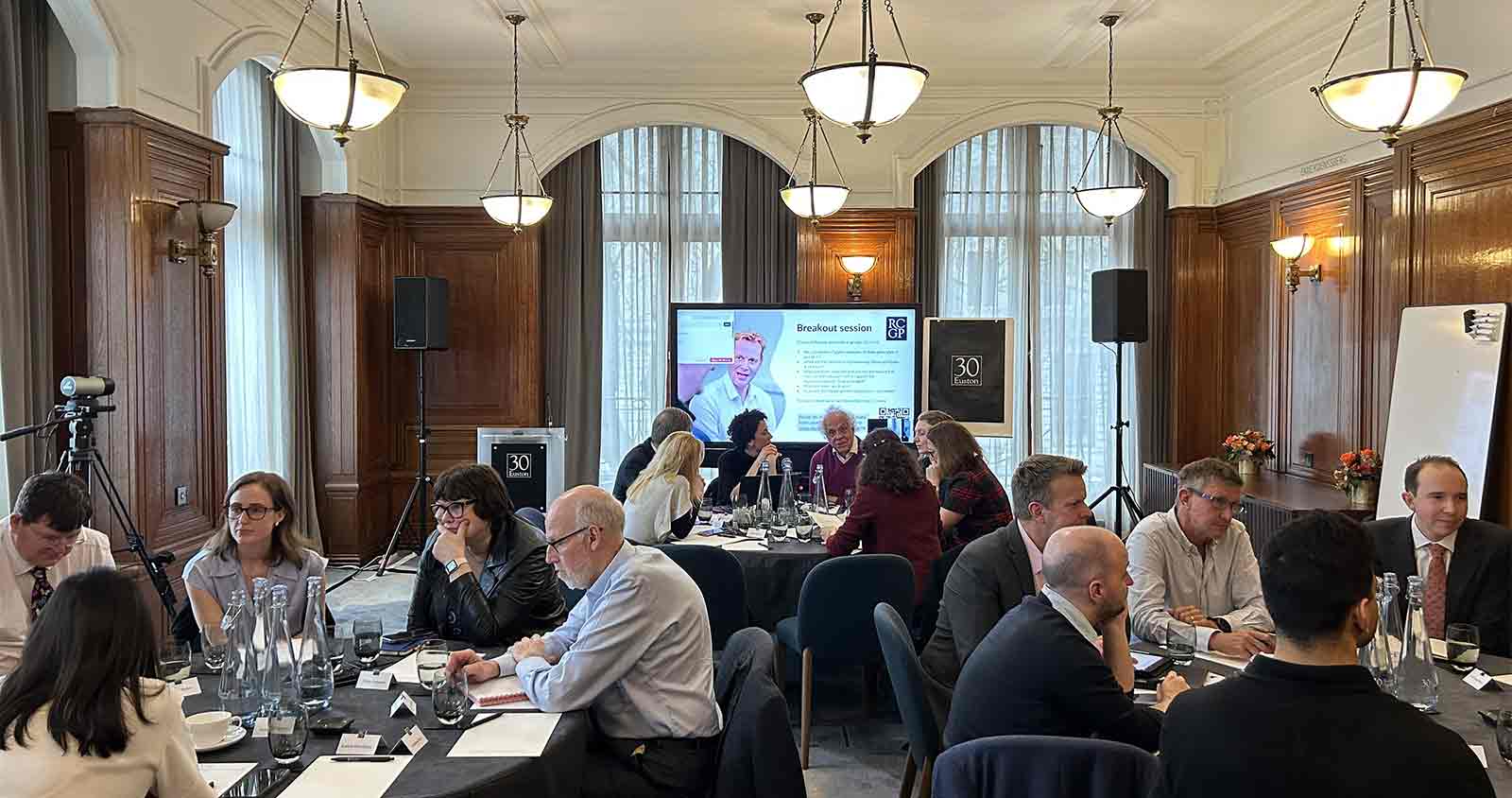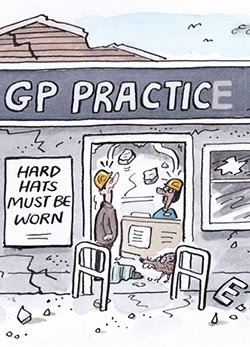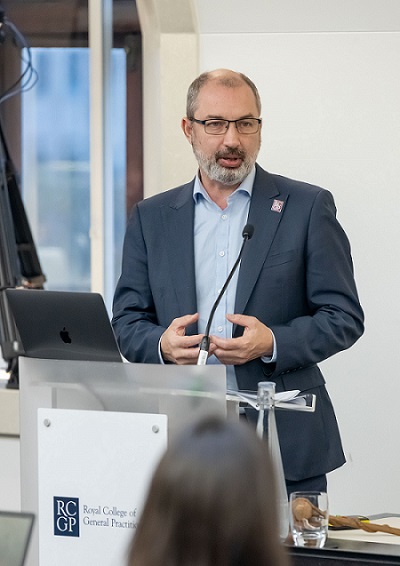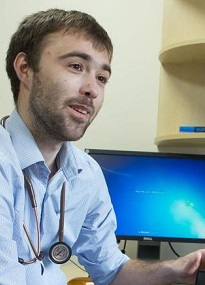
The global health system is responsible for 4.6% of all greenhouse gas emissions, which would make it the fifth-biggest emitter in the world if it were a nation. As the climate crisis worsens, sustainability has never been more urgent and the role of healthcare professionals in promoting this should not be understated.
Responding to the climate emergency is one of the RCGP’s four strategic priorities. To discuss actions that GPs and their teams can take to make general practice more sustainable, the College held a summit on planetary health at 30 Euston Square.

Vice Chair and Officer lead for sustainability, Dr Victoria Tzortziou Brown, set out the questions the event aimed to answer:
“How can we, as GPs and as a royal medical college, be a part of the solution? How can we work with patients, suppliers and stakeholders to improve the sustainability of general practice and primary care, leading by example and showcasing that reaching net-zero is possible?”
Attendees called for the College to be part of a collective voice to motivate GPs to educate and inform patients and enact change. Support was shown for the College to promote good practice and amplify GPs and sustainability experts who are demonstrating how climate change is impacting on patients’ health.
Dr Marina Romanello, Executive Director at Lancet Countdown, highlighted the global scale of the health crises caused by climate change. Rising temperatures have been driving a rise in heat induced deaths, particularly affecting those in early and later life, and also raising the likelihood of transmission of dengue and malaria in previously unaffected regions, she said.
She showed how emissions are not only changing the climate but having a direct and deadly impact on our health. In the UK alone, between 28,000 and 36,000 deaths a year are linked to outdoor air pollution, with some estimates placing the annual global deaths from fossil fuel emissions at over 8 million.
Compounding this, Dr Romanello explained that the countries least prepared to deal with these health crises - those low on the Human Development Index - are experiencing the worst impact. Despite the efforts of the WHO to introduce early warning and response symptoms, there has been a grave lack of action taken in the developed world to curtail these health crises, she said.
At a national level, Professor Tony Avery, National Clinical Director for Prescribing at NHS England, laid out what the NHS is doing to support a green agenda. He highlighted the importance of green prescribing and the successes seen so far in decarbonising the NHS' supply of medicine - which currently accounts for 25% of its total emissions.
He said that important strides already taken to reduce NHS emissions, though, for example, reducing the use of Desflurane – a widely-used anaesthetic gas which that is 2,500 times more warming than carbon dioxide - show that success is achievable.
The NHS, Prof Avery explained, has been a world leader in healthcare sustainability initiatives and that extensively reducing emissions throughout supply chains - where the vast majority of are embedded - is a priority.
But what role can GPs play in their practices and communities?
To answer this Dr Will Robertson, a GP based in South Hambelton and Ryedale in Yorkshire, and National Chair for the RCGP on Sustainability within Primary Care, discussed the realistic steps GPs can take on a daily basis, drawing on his own experiences of promoting sustainability in practice.
His work demonstrates how resource-saving measures can be seen within the context of sustainability, and that prevention-led approaches which aim to deliver community care are not only more cost effective but also more carbon effective than treatment in secondary care. The average GP appointment releases approximately 4.8kg of carbon dioxide into the atmosphere compared to the 100kg from the average hospital appointment.
RCGP Chair, Professor Kamila Hawthorne, was also in attendance and encouraged all delegates to consider what immediate action they could take to make a difference. She called on GPs to remain positive and engaged despite the gravity of the challenge posed by the climate crisis:
“All of us have a part to play and all the little drops we can offer will make up the ocean,” she said.
Read more
Thank you for your feedback. Your response will help improve this page.



